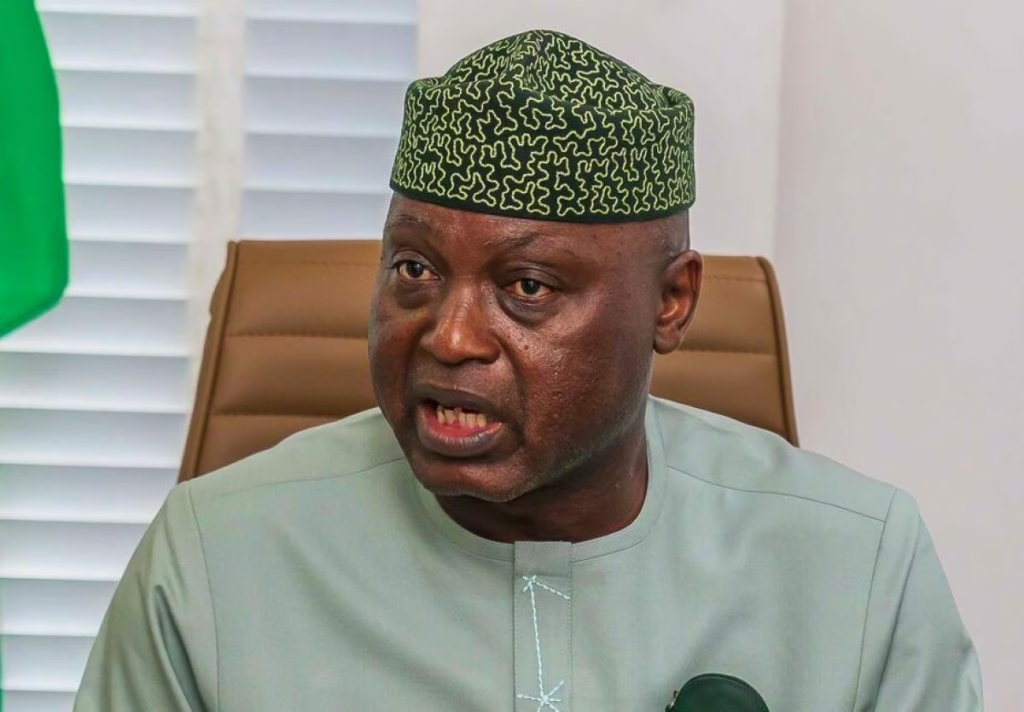Ekiti State Governor, Biodun Oyebanji, has urged the Joint Tax Board to implement an effective and equitable tax system in Nigeria, in line with President Bola Ahmed Tinubu’s Tax Reforms. The Governor made this call at the 2025 Joint Tax Board Strategic Retreat, held at Ikogosi Warm Springs Resort, Ikogosi-Ekiti.
Governor Oyebanji emphasized the importance of a robust tax system in driving economic growth and improving citizens’ welfare. He commended President Tinubu for proposing far-reaching reforms aimed at lifting living standards. The key objectives of the bill include deepening the tax base, enhancing revenue mobilization, simplifying compliance procedures, and fostering transparency and accountability across revenue agencies.
The implementation of the bill, set to commence in 2026, is expected to reshape the process of revenue mobilization and delivery of sustainable development. Governor Oyebanji charged participants, including Executive Chairmen of Internal Revenue Services from the 36 states, to deliberate on the implications of the law on national development.
The Chairman of the Joint Tax Board, Zacch Adedeji, commended Governor Oyebanji for providing effective leadership, enabling the internal revenue service to thrive in the state. Adedeji noted that the retreat’s theme, “Re-imagining the Nigeria tax eco-system,” was aptly chosen to enforce President Tinubu’s tax reform nationally.
The Ekiti State Internal Revenue Service Chairman, Olaniran Olatona, expressed appreciation for Governor Oyebanji’s support, which has led to increased internally generated revenue and voluntary compliance to tax payment by residents. The Governor’s investment in the people’s welfare has contributed to this positive outcome.
The Joint Tax Board Strategic Retreat aims to discuss the implications of the new tax reform laws on national development, with a focus on creating a resilient and self-reliant economy. The successful implementation of these reforms is expected to have a significant impact on Nigeria’s economy in the years to come. With the planned commencement of implementation in 2026, the country is poised to reshape its revenue mobilization and delivery of sustainable development.
